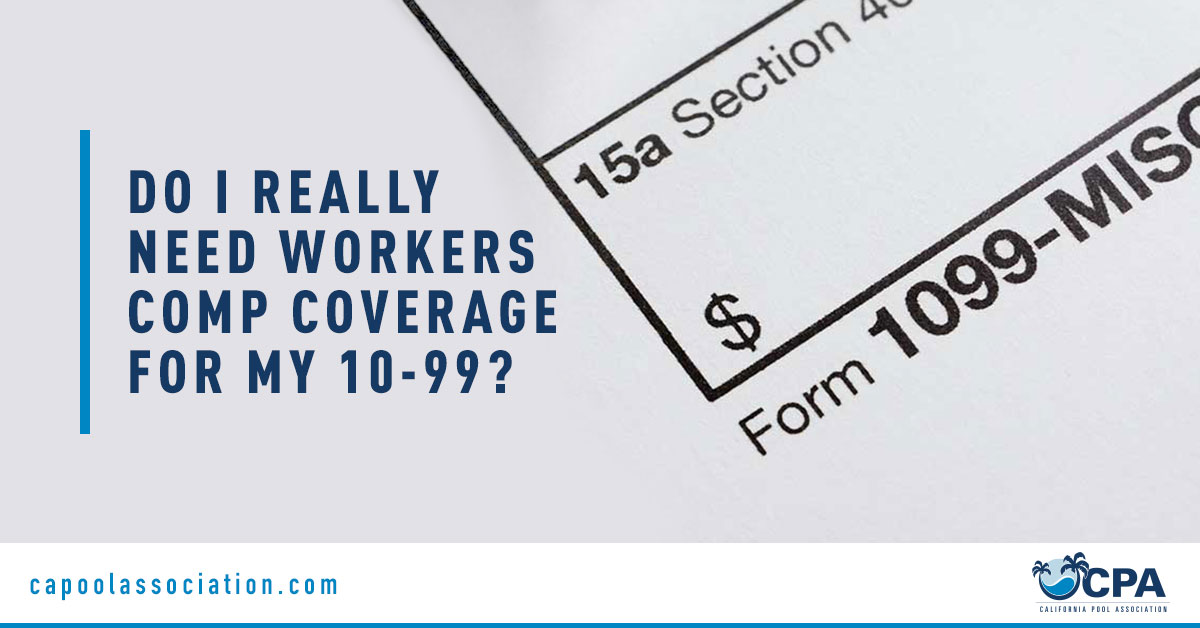
For decades, business owners in California have been coming to Inszone looking for clarification on Workers Compensation coverage. Who needs to buy Work Comp? In a nutshell…all businesses in CA that have employees.
“My guys are independent contractors on 10-99 not employees, so I don’t need it.” A common misconception is if the person is 10-99, then the answer is a definite no on needing work comp. The State of California would disagree with that in most cases, and unfortunately that comes with harsh penalties.
Employee vs. Independent Contractor…how do I know? There are many different scenarios but it mainly boils down to who has the right of control?
If the answer to these questions is yes, the worker is likely an employee.
If the answer to these questions is no, the worker is likely an employee.
If the answer to these questions is yes, the worker is likely an employee. What happens to an employer who doesn’t purchase Work Comp on a person CA deems an employee?
What happens if an employee is injured on the job and the employer is Uninsured?
Workers Comp laws are regulated by the State you do business in, not federally. While different state work comp laws vary, they are almost identical in concept. The bottom line is, if your state deems your worker is an employee and work comp isn’t in place…you’ve got problems. I recommend you reach out to the insurance experts at Inszone to discuss your situation. You’ll gain the right information, and make the right decision to protect your business.
Pat Grignon
Vice President
Inszone Insurance Services
Inc. Phone (866) 655-2551